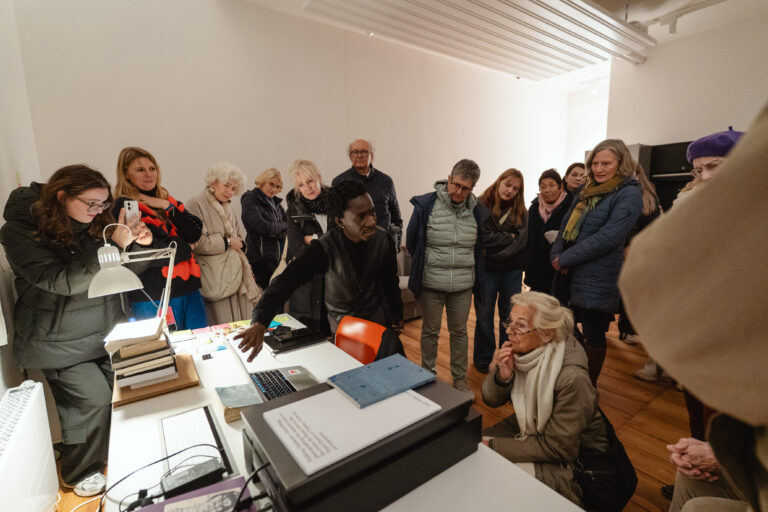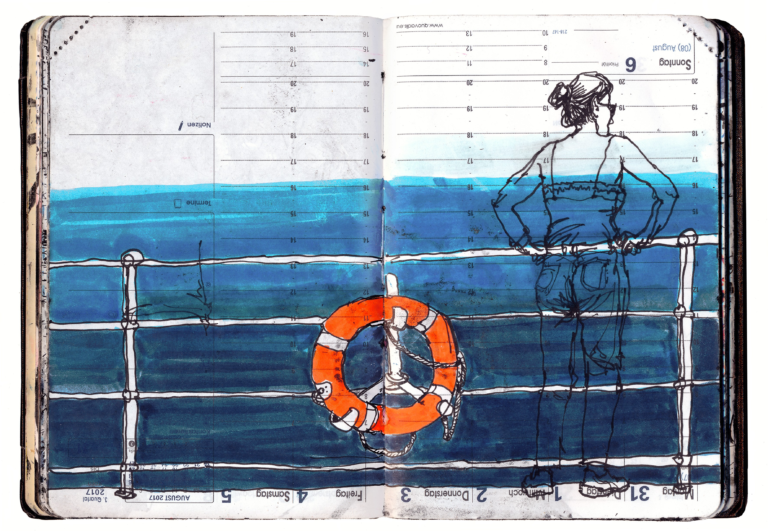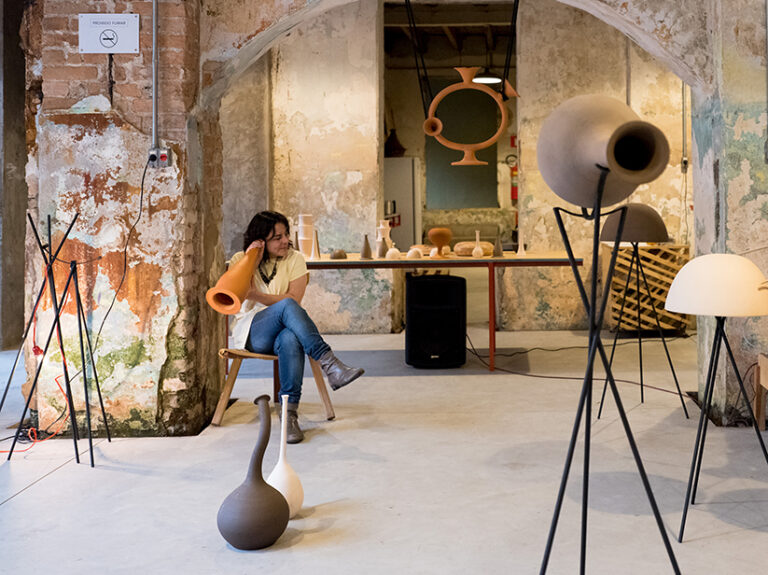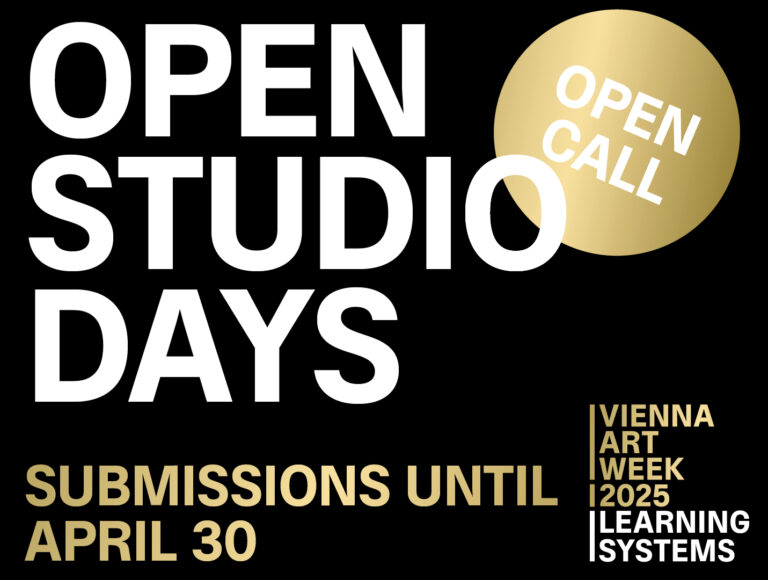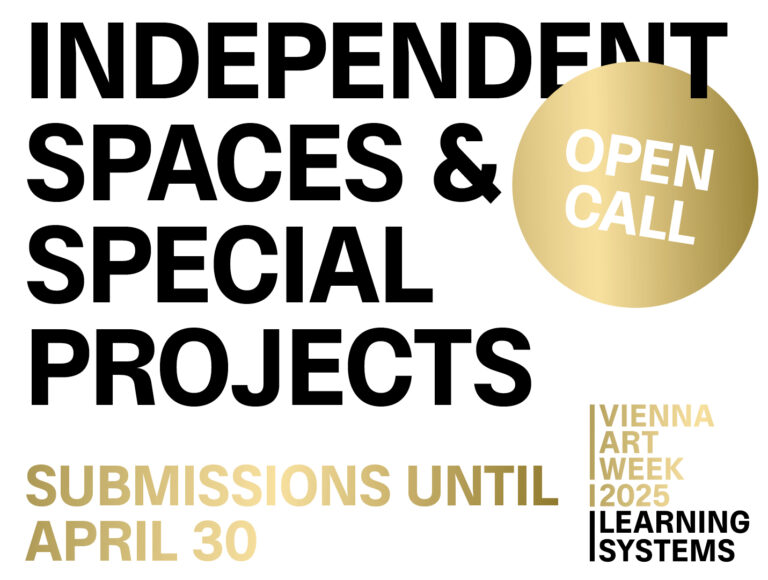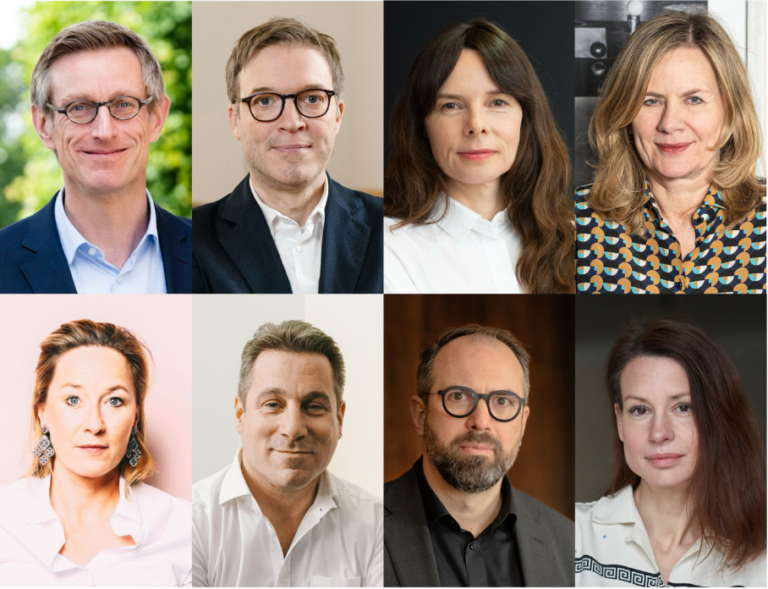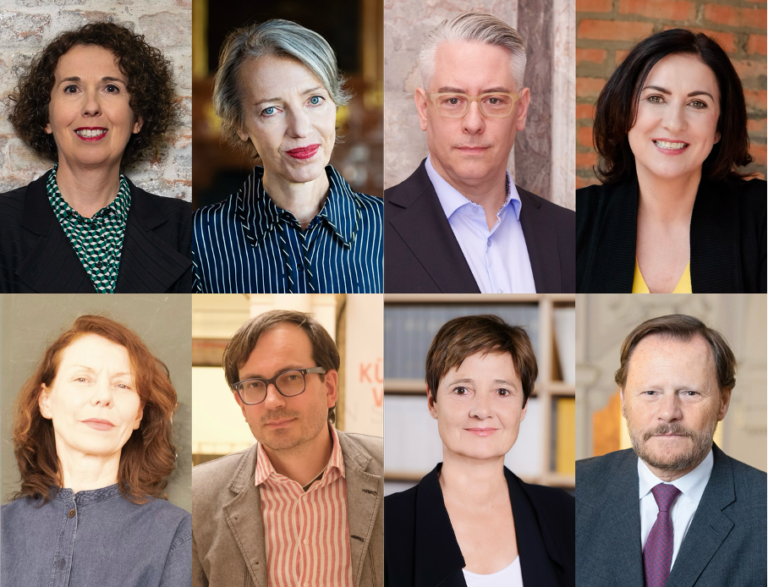How do our directors see the role of their institutions as ‘LEARNING SYSTEMS’? – Part 1
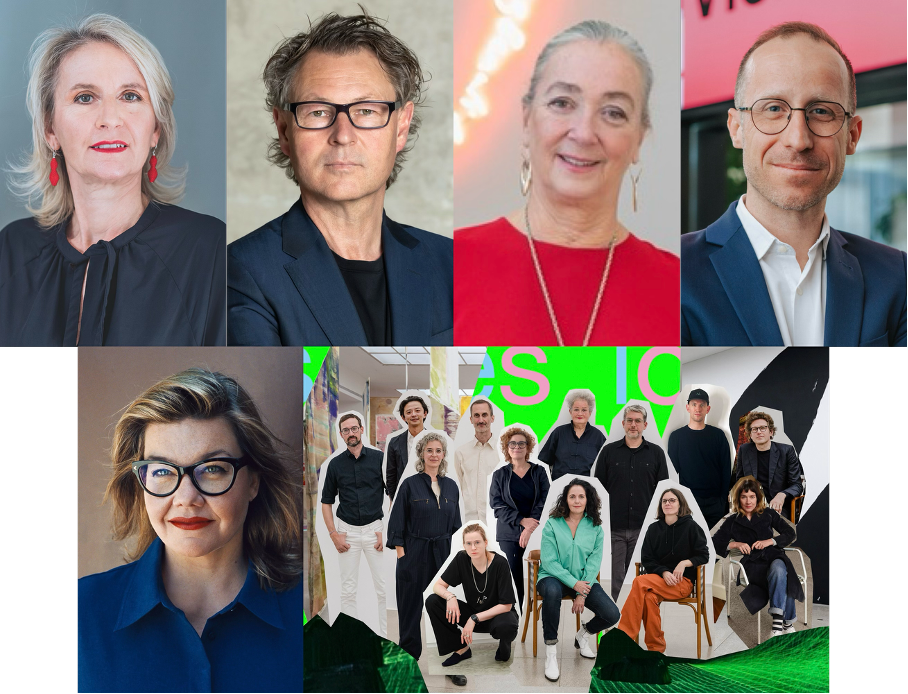
VIENNA ART WEEK is organized by Art Cluster Vienna – an association of some of the most important art institutions in Vienna. We asked our members: What does “Learning Systems” mean for your institution? Here are their answers.
Director
Dom Museum Wien
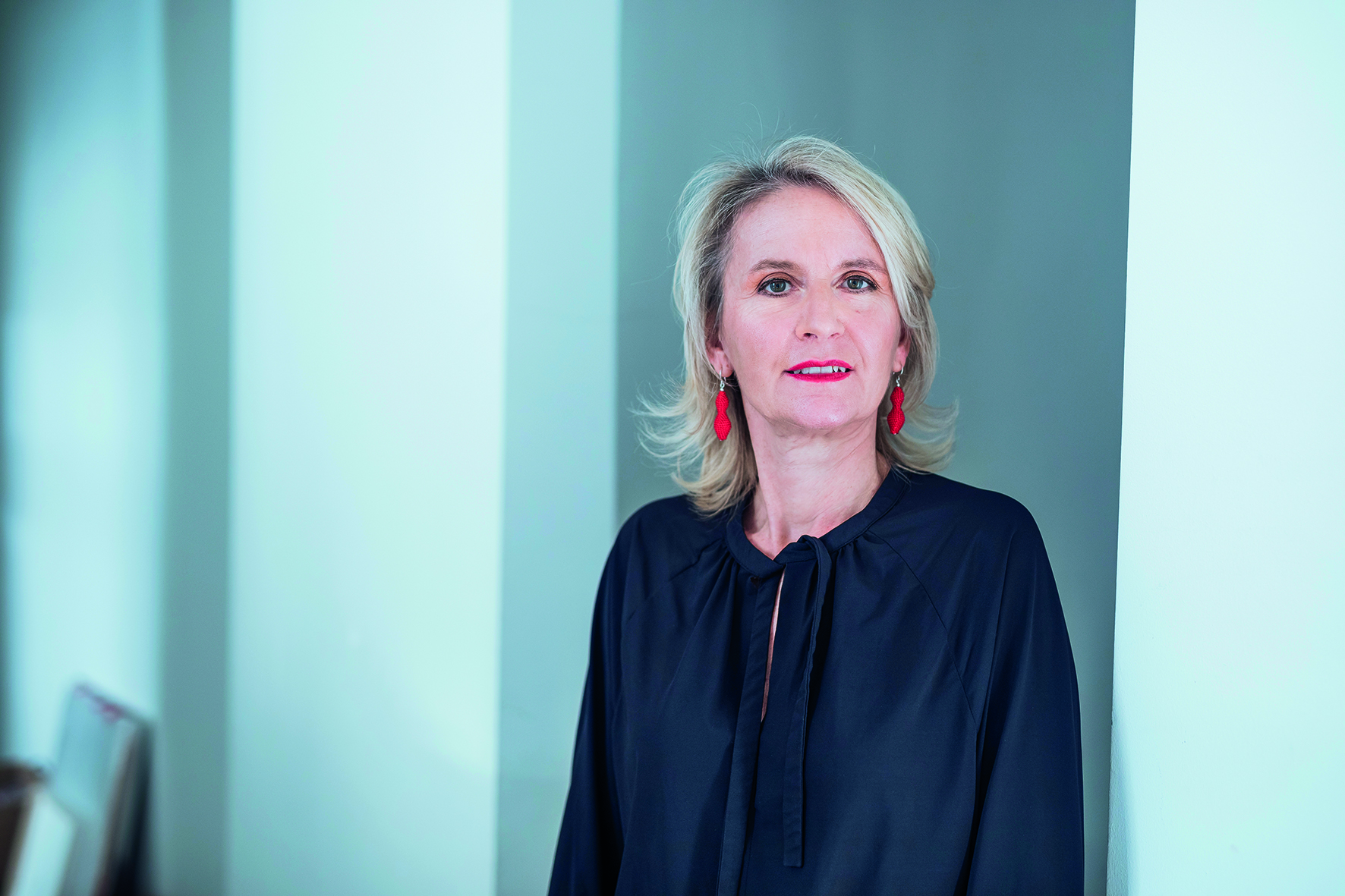
Photo: Marlene Fröhlich, marlene.at
Museums are spaces for learning. For encounters, irritation, insight. People, art, objects, perspectives – everything converges. Knowledge is created, shared, and questioned.
And more than that: museums open up new perspectives, challenge, and think further. Art as a catalyst – for understanding and change.
Dom Museum Wien is precisely that: a platform for personal learning. And for sociopolitical dialogue.
Director
Heidi Horten Collection

Foto: Andreas Tischler © Heidi Horten Collection
Knowledge doesn’t arise only in classrooms or lecture halls.
At the Heidi Horten Collection, we see learning as a situational, experience-driven process. When students leave the museum inspired after a free workshop, it proves the power of informal education: fostering participation, curiosity, and breaking down barriers.
Art becomes a living system of exchange and understanding – a space where new perspectives emerge and are shared beyond formal structures of education.
Director
Leopold Museum
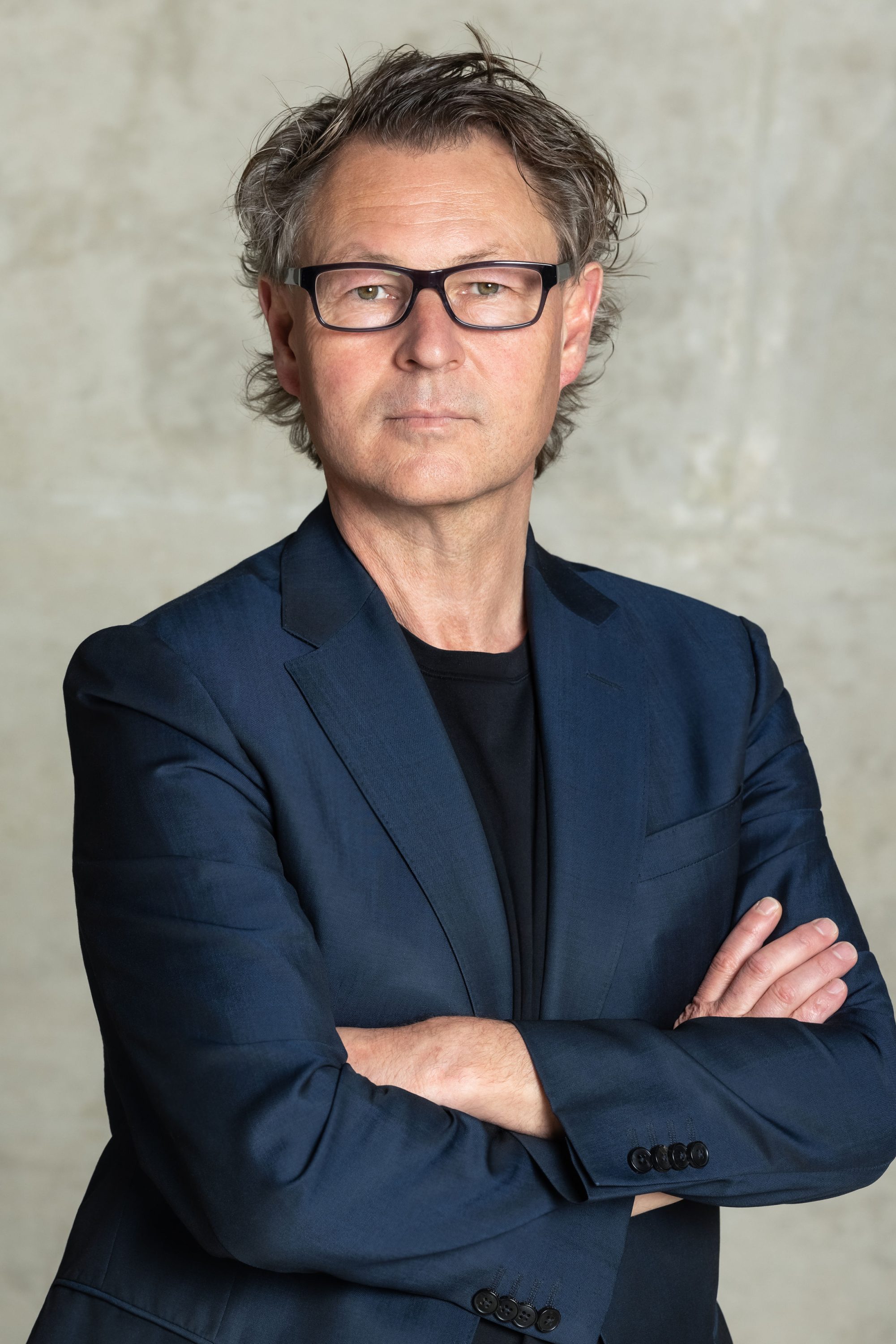
© Ouriel Morgensztern
Museums are key players in contemporary “learning systems”. Their task and responsibility goes beyond the preservation of cultural assets. Museums contextualize, mediate and actively shape collective memory.
Through curatorial decisions and collection policies, they influence which narratives and artistic positions remain visible. In the course of digital transformation, technologies such as artificial intelligence open up new forms of mediation, but also raise ethical questions.
Through their curatorial, educational and technological decisions, museums have a lasting influence on how knowledge is generated, communicated and anchored in the culture of memory.
General Director and Artistic Director
MAK
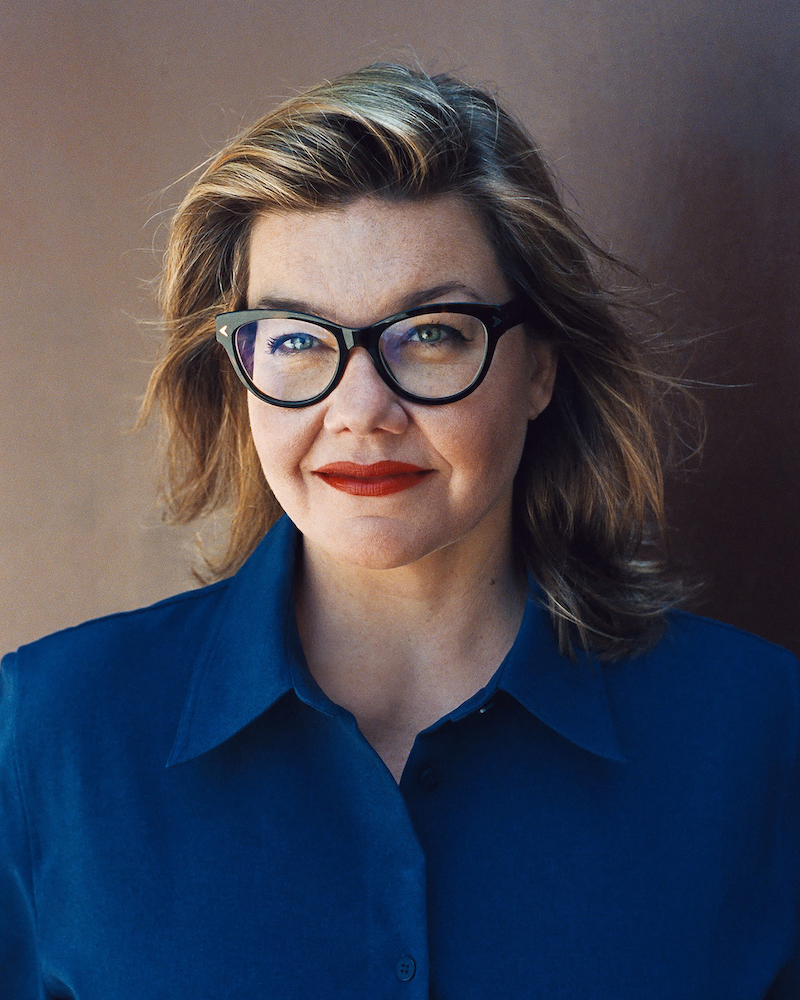
© Stefan Oláh
Art, as a unique repository of knowledge, feeds learning systems in a particularly distinctive way—a development that is as rapid as it is unpredictable.
Museums, too, are learning systems—not only by preserving knowledge, but by continually reconfiguring it in different directions and across diverse frameworks. With Hito Steyerl and TURNING PAGES, we explore a field of tension between AI and artists’ books—between knowledge acquisition, societal engagement, and technology.
This year, VIENNA ART WEEK becomes a vast network of such systemic points of connection across all its venues.

The board of the Association of Visual Artists Vienna Secession (from left to right): Philipp Fleischmann, Jun Yang, Ulrike Müller, Sophie Thun, Michael Part, Ricarda Denzer, Ramesch Daha (president of the Secession), Lisl Ponger, Axel Stockburger, Barbara Kapusta, Nick Oberthaler, Anna Witt, Wilfried Kühn, photo: Natascha Unkart / Secession
Learning is a process shaped by relations of power and mechanisms of exclusion—issues that our programming addresses, when we invite artists who engage with alternative knowledge networks.
On the structural level, too, we are concerned with participation. With simple German, guided tours in Austrian sign language, and a touchable model of the building, we connect the work of unlearning hierarchical and marginalizing practices with an inclusive perspective on questions of our time.
Managing Director
Vienna Business Agency
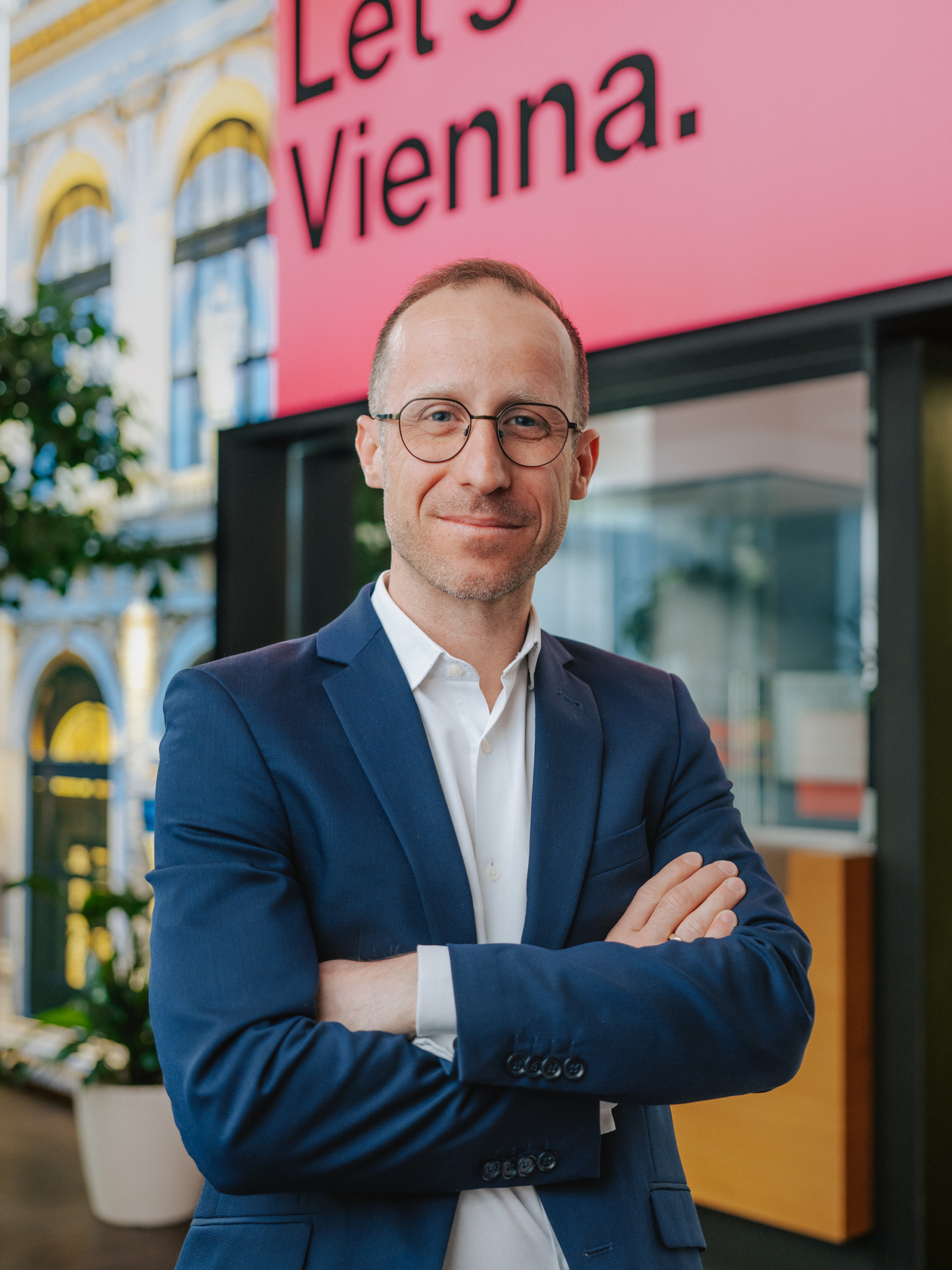
© Wirtschaftsagentur Wien. Photo: Paul Bauer
Vienna is a place where art, technology and business learn from and inspire each other.
For us, ‘learning systems’ means using digital tools in a smart way so that creative processes and research-based knowledge not only generate practical innovation, but also pave the way for pioneering, forward-looking solutions.
This benefits not only Vienna as a business location, but ultimately also all Viennese citizens.
